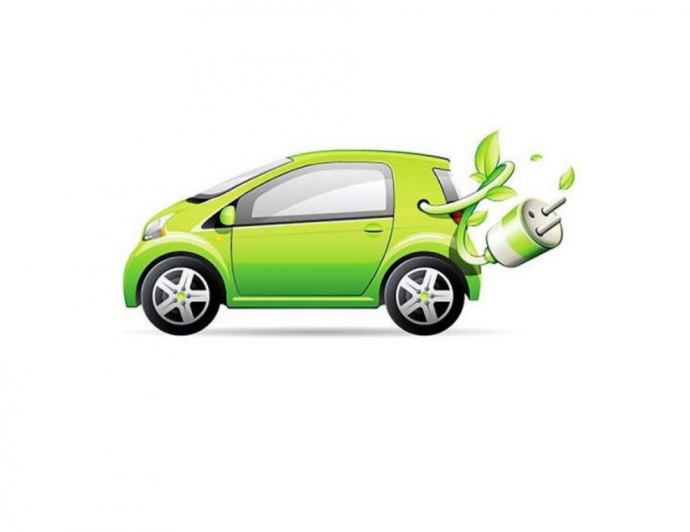CAIRO, Oct. 10 (Xinhua) -- There has been little awareness of the value of electric cars for Egyptians, but things are changing after an Egyptian company strives to make a difference.
DARSHAL company has become an agent of Chinese companies Dongfeng Liuqi Motor and Vasworld Power for collecting and selling electricity-generated commercial and passenger vehicles.
DARSHAL will invest 53 million U.S. dollars for the electric car program in Egypt, according to Hassan el-Desoqy, board chairman of DARSHAL.
"Egypt has a large base of ordinary cars industry but lacks the electric vehicles," said Desoqy, adding that his company will be the only one in Africa and the Middle East that makes the cars batteries.
Wang Li, CEO of Vasworld Power Co. Ltd, said that after lengthy dialogues between his company and the Egyptian side, "finally the new energy vehicles will enter the Egyptian market which has a great potential with its high purchase power and unique location as gate to Africa and the Arab countries."
Wang said that this is the right time to enter the Egyptian market and get prepared for benefiting from the Belt and Road Initiative as well as the close ties between Egypt and China.
The electric vehicles industry is promoted in many countries now as the world is moving towards electricity and other renewable energies, Desoqy told Xinhua.
Having worked for 12 years in the cars spare parts industry in China, Desoqy said the Asian country has highly advanced in the vehicles industry.
In 2014, there were only 50,000 electric vehicles sold in China, but in 2018 the number has increased by 10 times, said Jacob George, vice president and general manager of Asia Pacific at the U.S.-based global marketing information services company J.D. Power.
Desoqy praised the Chinese government's support for increasing the safety of batteries, adding that he was surprised at the Chinese accomplishments in car technology.
He added that he felt very confident about introducing the new idea to Egypt, so he became the agent of the Chinese companies.
Desoqy's company will introduce different types of vehicles like vans, SUVs and trucks, with trucks expected to be unveiled in December and SUVs in eight months.
Kamal Abdel Hamid, head of the Quality Control and Design Department at the Engineering Automotive Manufacturing Co., the Egyptian government's partner of DRSHAL, said China has as rich experience in non-petrol vehicles as the European countries, with cheaper prices that match the Egyptian markets.
"To test the market first and measure the purchase power, as it is a new technology, we will start with producing 500-1,000 cars as experimental production," Hamid said.
Hamid added that the factory plans to achieve an annual production capacity of 10,000 vehicles within five years for Arab and the African markets.
He believed that the non-petroleum vehicles will attract more customers in the future because it is more environmentally friendly and less costly, as the local gas prices have risen lately partially due to the lift of the subsidy on energy amid the country's economic austerity reforms.
The high prices of fuel imposed burdens on Egyptian citizens, Hamid said, highlighting the fact that electricity is cheaper.
Although electric cars may take some time to prevail, Hamid expected high turnout of clients, because it will be cheaper with better safety and availability of spare parts.




 A single purchase
A single purchase









